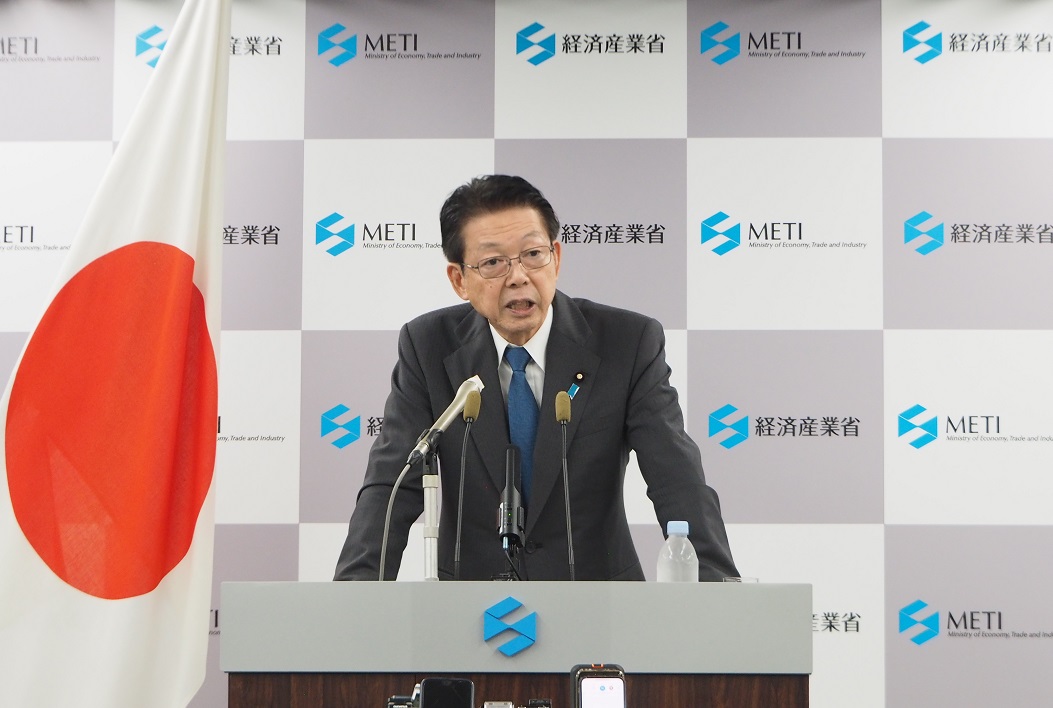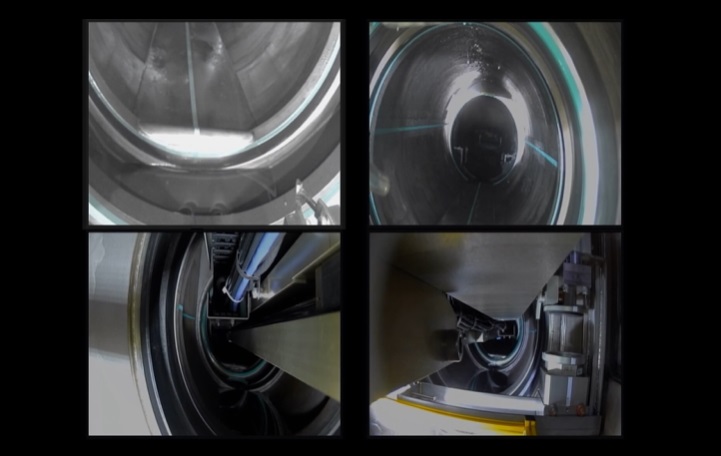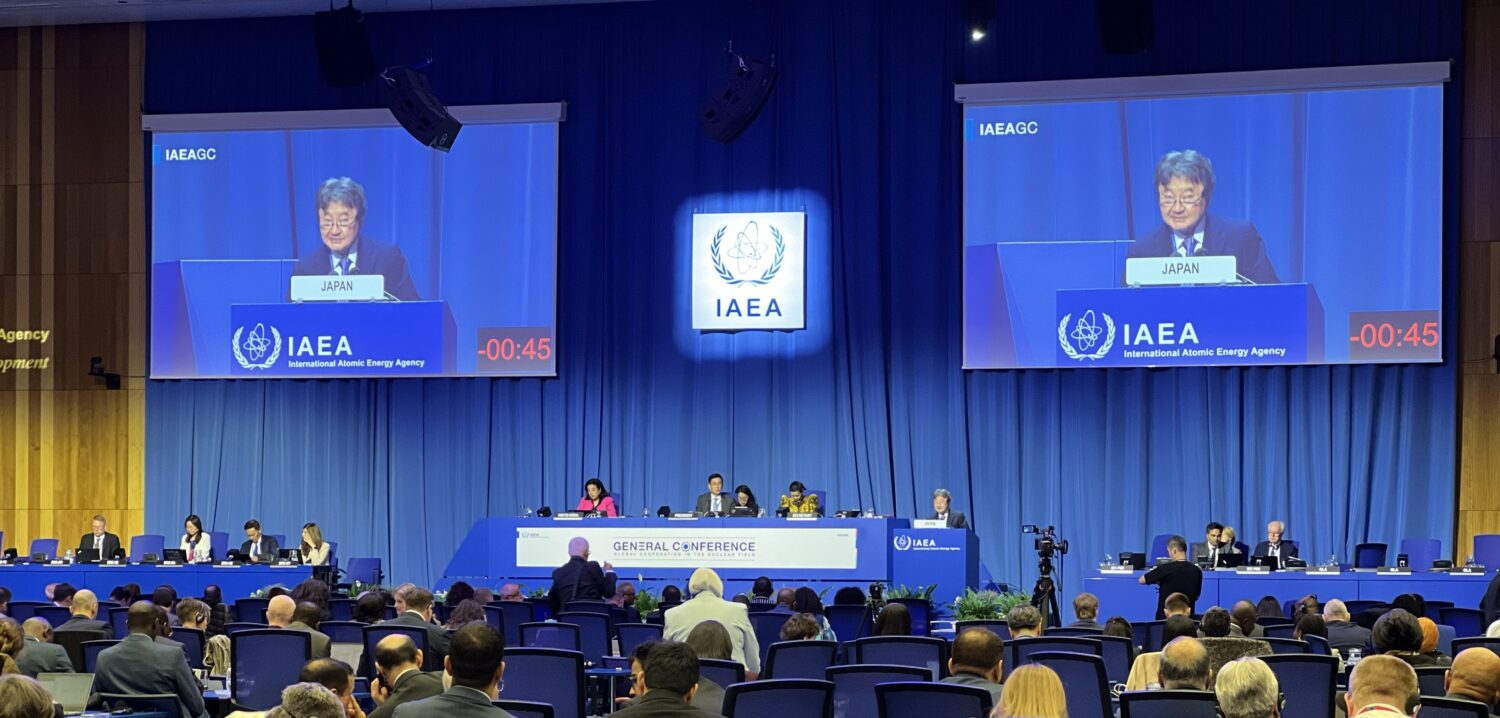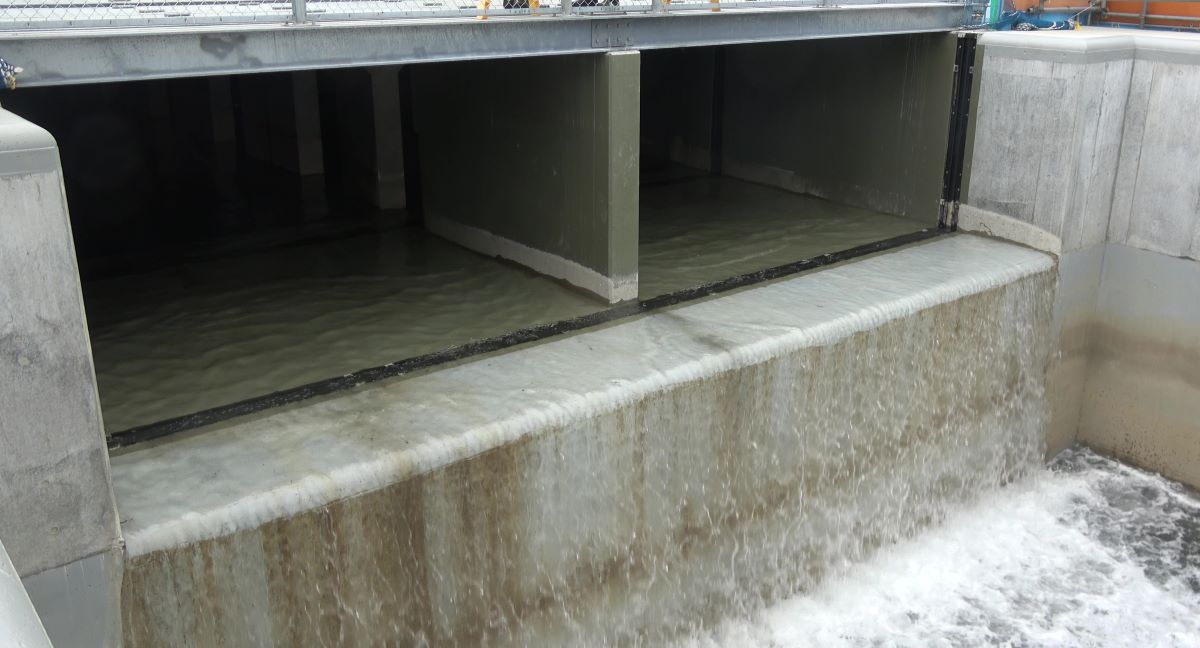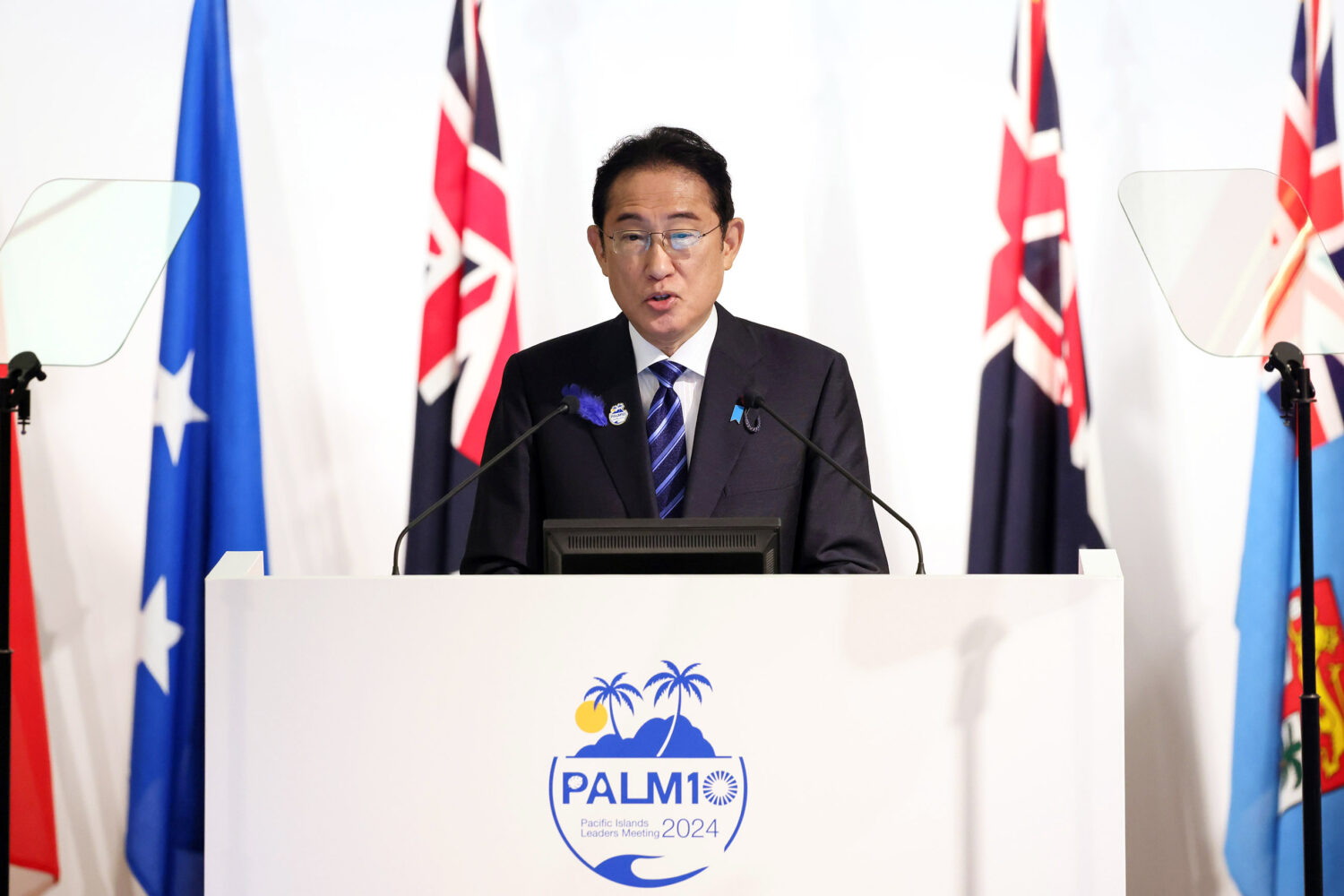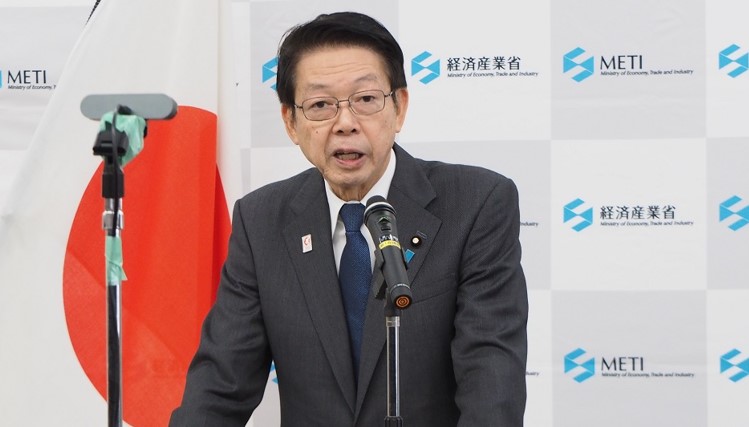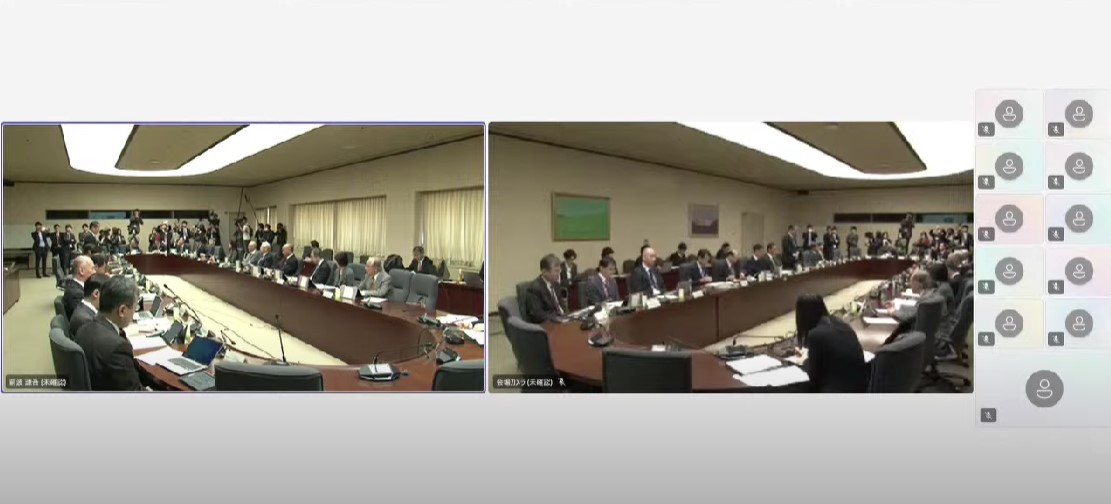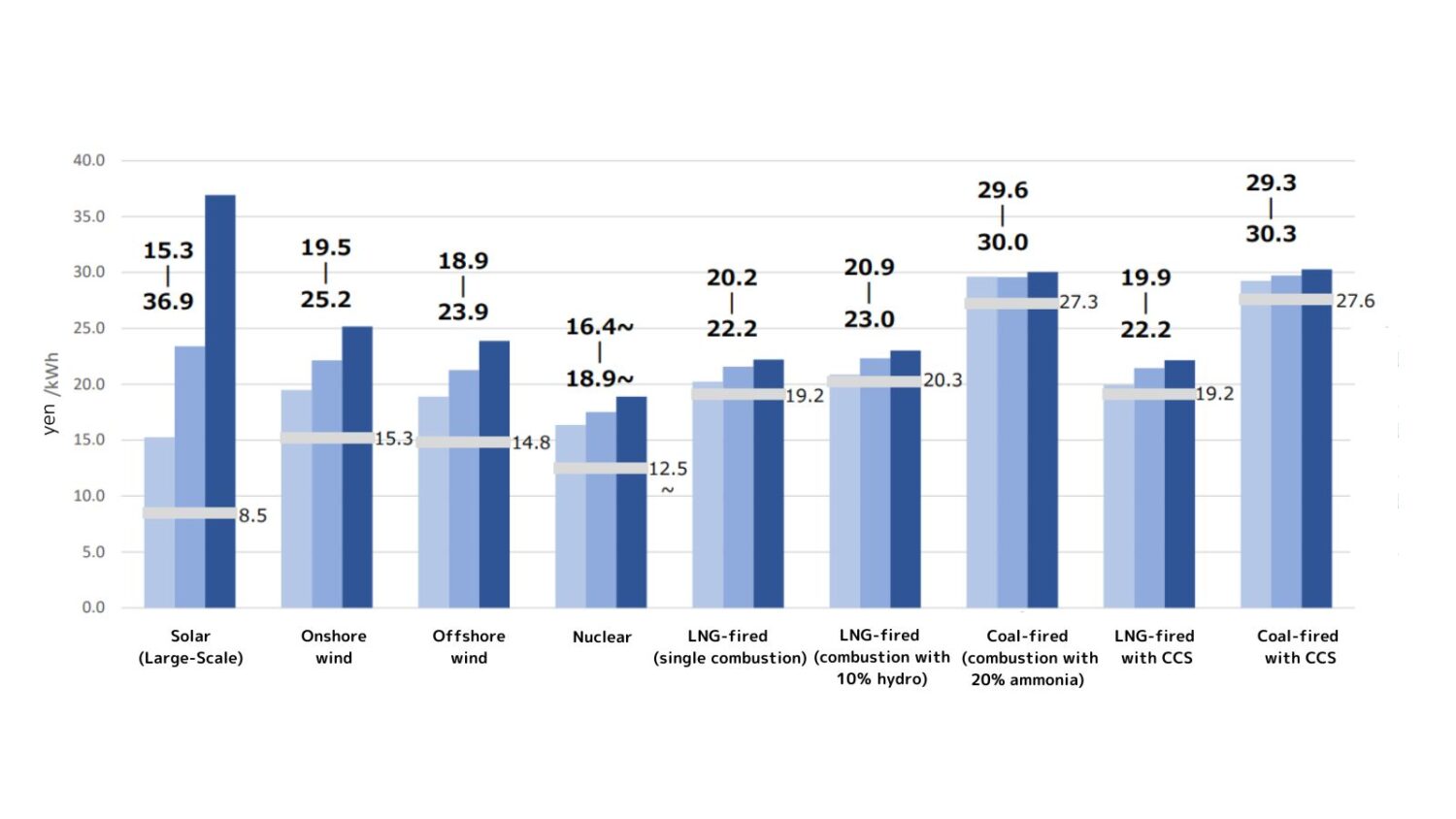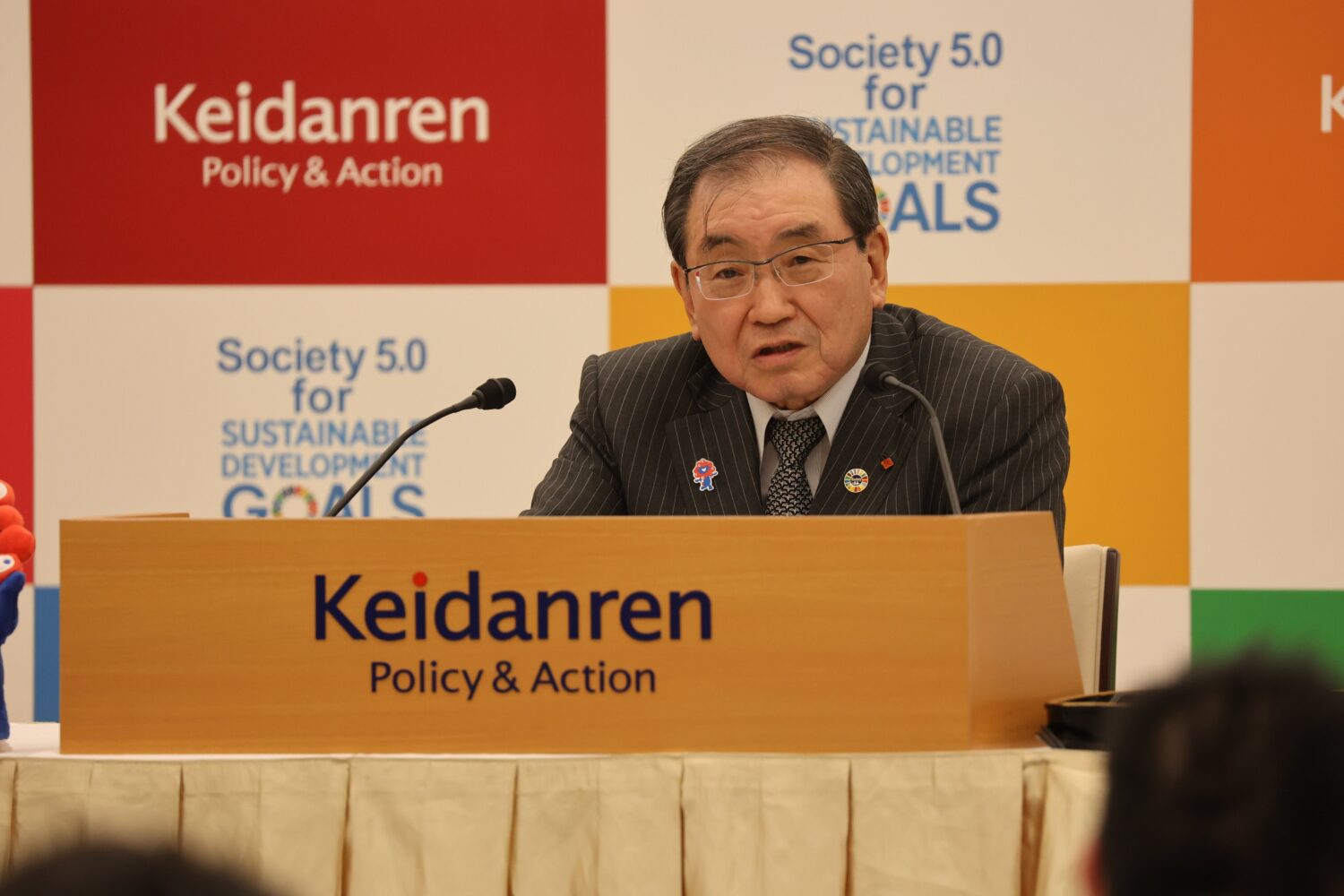Hong Kong’s Food Expo PRO 2024, a key trade event in Asia, was held on August 16 and 17. While there, Minister Sakamoto—taking on the role of Japan’s “top salesman”—promoted Japanese agricultural, forestry, and fishery products and foods in an effort to expand their exports. He also met with Hong Kong governmental personnel and visited local companies that manufacture and/or sell food.
At the press conference held in Japan preceding his Hong Kong visit, he noted that the Hong Kong government had been banning imports of marine products produced in ten Japanese prefectures since the summer of 2023, when the offshore release began of water treated by the Advanced Liquid Processing System (ALPS) at Fukushima Daiichi, where a nuclear accident occurred in March 2011. He stated that there was “no scientific basis for any of that” and that it was “very regrettable.”
Recognizing, moreover, that Hong Kong is “an important export destination for Japan’s agricultural, forestry, and fishery products,” the minister stated his intention to “request the immediate removal of such restrictions” in his meetings scheduled during his visit there.
Of the various countries and regions that had imposed import restrictions of Japanese marine products in the wake of the Fukushima Daiichi accident, the great majority—49 (counting the EU as one)—have since removed them. At the same time, China, Macao, Russia, South Korea, and Taiwan have maintained their restrictions, not to mention Hong Kong. China and Russia have been particularly strict, banning marine products from all Japanese prefectures since the ALPS-treated water began to be released offshore.
At the press conference, the minister described his approach vis-à-vis China of utilizing bilateral talks and international support to request that country to immediately remove its restrictions. He then emphasized that the Japanese government would continue its concerted efforts against unreasonable restrictions that lacked any scientific basis.
In monetary terms, Japan’s exports of agricultural, forestry and fishery products and foods to China were down by 43.8% year on year, and those to Hong Kong by 10.5%, according to figures for the first half of FY24 published by MAFF on August 2. The most conspicuous drop was in scallops (especially raw ones), which fell by JPY14.2 billion (about USD98.5 million). The ban on such Japanese products by Hong Kong and China was deemed the primary factor for that.
Meanwhile, positive results have been shown by a package of policies aimed at protecting domestic fisheries and increasing exports, including inviting overseas buyers to Japan and dispatching domestic processing personnel to other countries to help make the case. As evidence, exports of scallops to Thailand, the United States, and Vietnam increased by about 250%, 60%, and 690%, respectively, over the same period last year.





